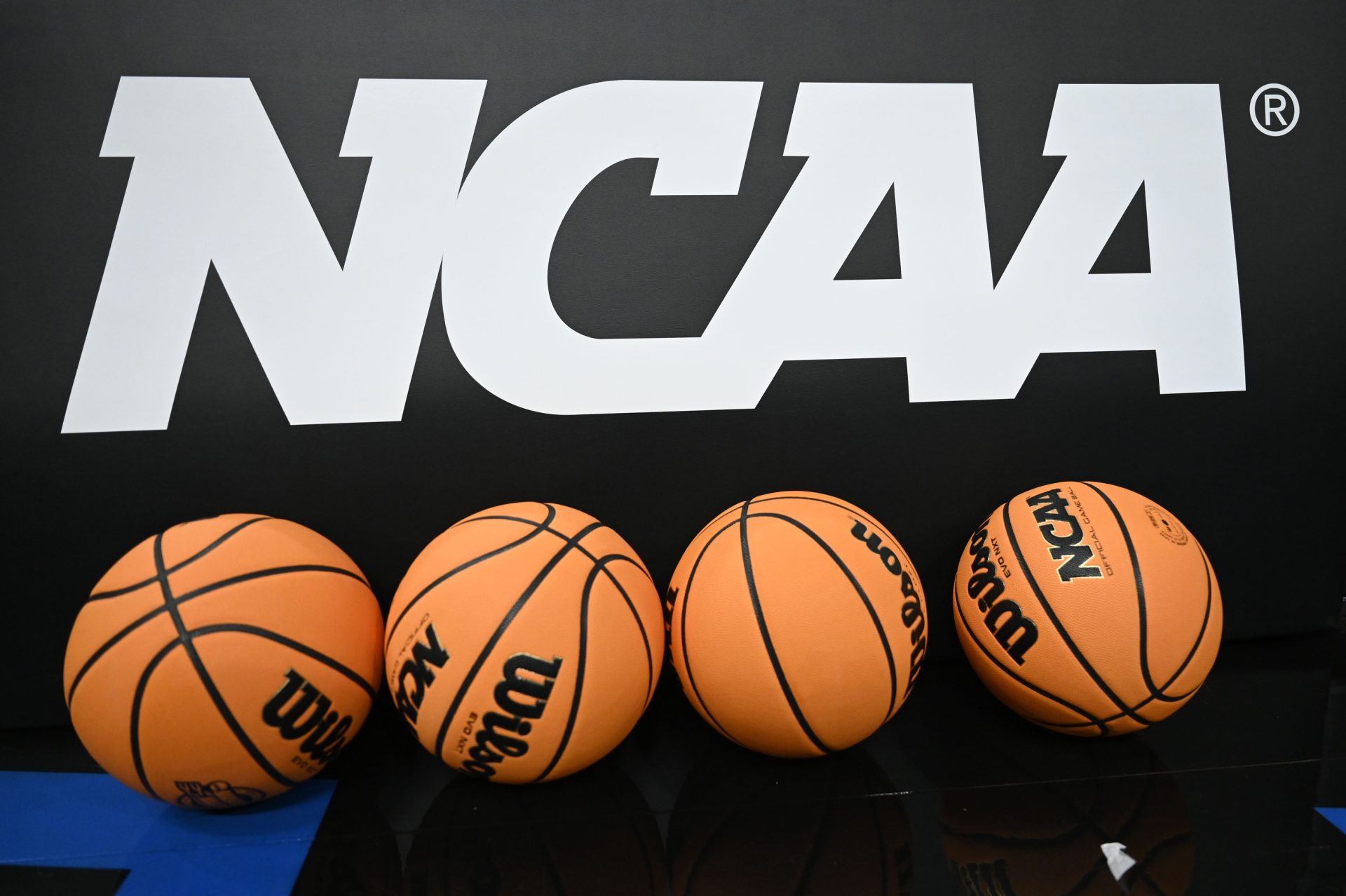A federal judge on Thursday dismissed multiple claims in a 2024 lawsuit brought by conservative activist Riley Gaines and others against the NCAA and Georgia Tech Athletic Association, as well as several state defendants, for allowing transgender athlete participation in women’s sports. However, the judge ruled the NCAA is still on the hook for limited Title IX claims.
Gaines’s complaint alleged that the NCAA’s transgender participation policies at the time, which allowed transgender athletes to play in women’s sports if they met certain testosterone level criteria, violated Title IX—the law requiring educational institutions to provide equal opportunities for men and women, including in sports.
Specifically, the lawsuit argued that the NCAA violated Title IX when it allowed Lia Thomas, a former swimmer for the University of Pennsylvania who is transgender, to compete in the women’s NCAA Division I women’s swimming and diving championships in 2022. Gaines, a former Kentucky swimmer and conservative activist, brought the lawsuit along with 19 other plaintiffs (some of whom, including San Jose State women’s volleyball player Brooke Slusser, joined after the lawsuit was filed).
The lawsuit also accused several state entities, including the Georgia Tech Board of Regents, state universities and the Georgia Tech Athletic Association, of violating Title IX. It also suggested they may have violated the Fourteenth Amendment. (The lawsuit was funded by ICONS, a nonprofit that has since funded multiple similar cases in the college space.)
The lawsuit asked for the NCAA to strike records and prizes won by transgender athletes, prevent trans athletes from playing women’s college sports in the future, prohibit state institutions from hosting or participating in competitions allowing transgender athletes in women’s sports, and ban trans women from women’s locker rooms. The lawsuit also asked for attorneys fees and damages.
Federal judge Tiffany Johnson dismissed all the claims against the GTAA, the Georgia Tech Board of Regents, and state universities.
Most were dismissed because of policy changes since the lawsuit was filed. In February, President Donald Trump signed an executive order banning transgender athletes from participating in women’s sports; the NCAA followed suit with its own ban shortly after. In April Georgia passed the Riley Gaines Act, which prohibited Georgia institutions from participating in competitions where trans athletes were allowed in women’s sports.
The claim that the NCAA violated athletes’ right to bodily privacy was dismissed because the NCAA is not a state actor; the criteria for violating bodily privacy includes being a state actor, which the NCAA is not.
The judge also found that athletes who no longer have remaining eligibility against the NCAA cannot seek these claims. And for the nine plaintiff athletes who still have eligibility—or who are seeking more eligibility—the issue has effectively been resolved through Trump’s executive order and the NCAA’s subsequent policy change.
Given the ruling, the suit will move forward narrowly focused on the question of whether the NCAA violated Title IX by allowing trans athletes to compete. However, whether the NCAA is even subject to Title IX is not a settled question; it would need to be resolved by investigating the degree to which it accepts and uses federal funding. Other courts have previously found the NCAA is not subject to the gender equity law.
“We agree with the aspects of Judge Johnson’s order that permit this important lawsuit to proceed against the NCAA,” plaintiff attorney William Bock said in a statement to Front Office Sports. “The NCAA has for years erroneously claimed it cannot be held accountable under Title IX, even though the NCAA controls significant aspects of college athletics for colleges and universities which receive federal funding. Judge Johnson’s ruling is a significant step forward for Plaintiffs in this lawsuit, and we are pleased to be able to move forward.”
In a statement to Front Office Sports, the NCAA said: “College sports remain the premier stage for women’s sports in America, and the Association and its members will continue to promote Title IX, make unprecedented investments in women’s sports and ensure fair competition in NCAA championships. The NCAA’s transgender participation policy aligns with the Trump Administration’s order.”






![[Subscription Customers Only] Jun 15, 2025; Seattle, Washington, USA; Botafogo owner John Textor inside the stadium before the match during a group stage match of the 2025 FIFA Club World Cup at Lumen Field.](https://frontofficesports.com/wp-content/uploads/2026/02/USATSI_26465842_168416386_lowres-scaled.jpg?quality=100&w=1024)
![[Subscription Customers Only] Jul 13, 2025; East Rutherford, New Jersey, USA; Chelsea FC midfielder Cole Palmer (10) celebrates winning the final of the 2025 FIFA Club World Cup at MetLife Stadium](https://frontofficesports.com/wp-content/uploads/2026/02/USATSI_26636703-scaled-e1770932227605.jpg?quality=100&w=1024)









